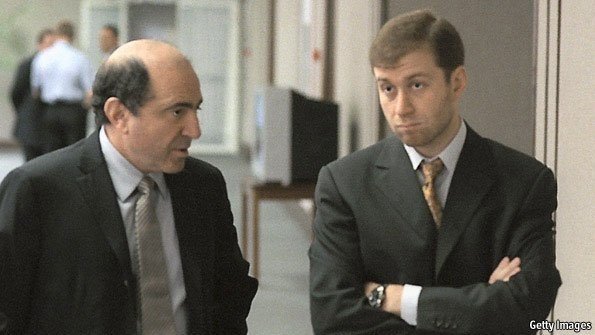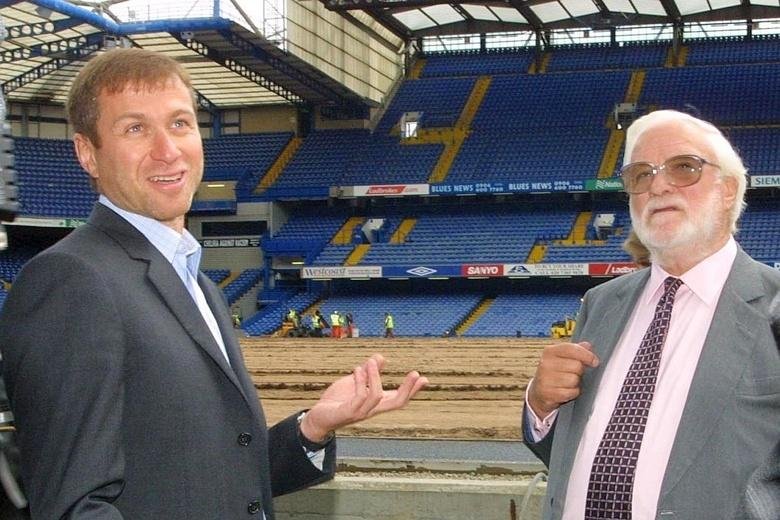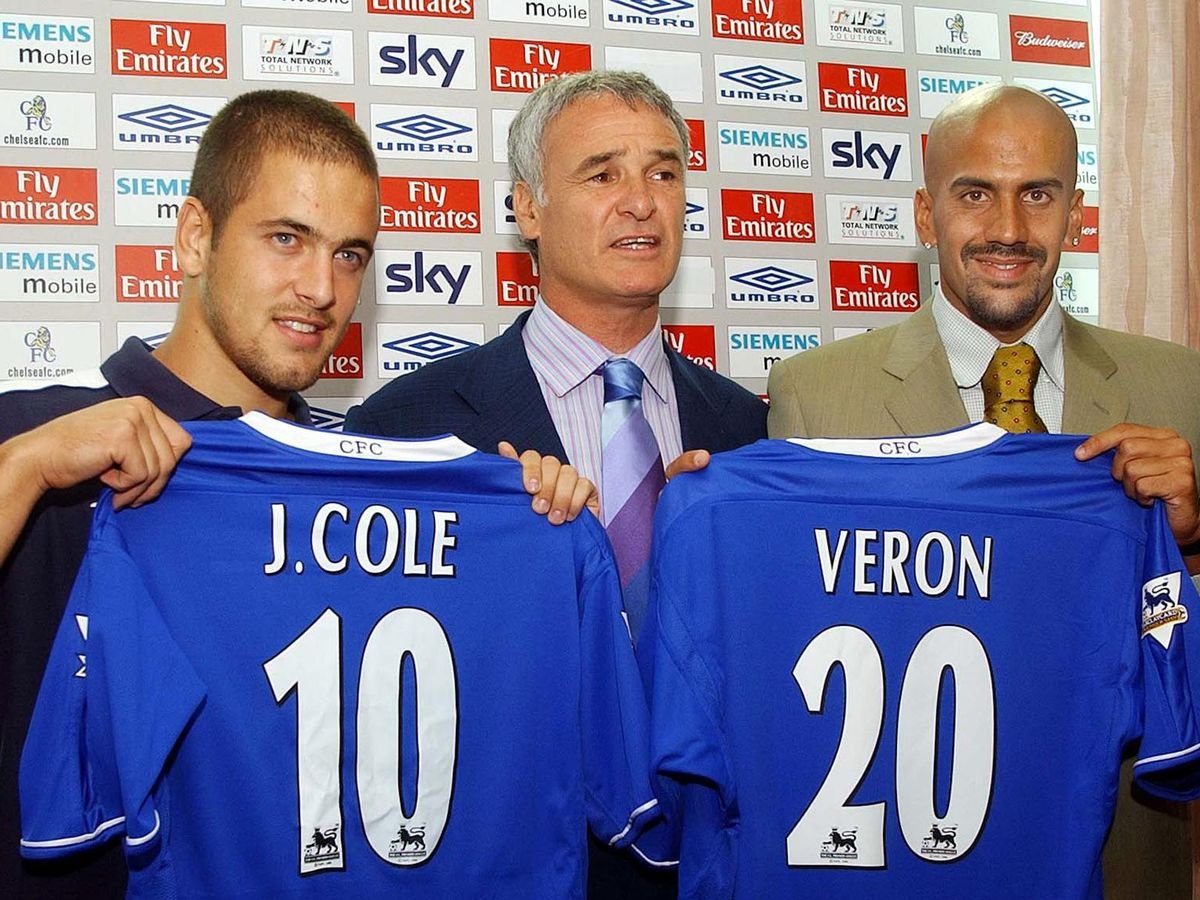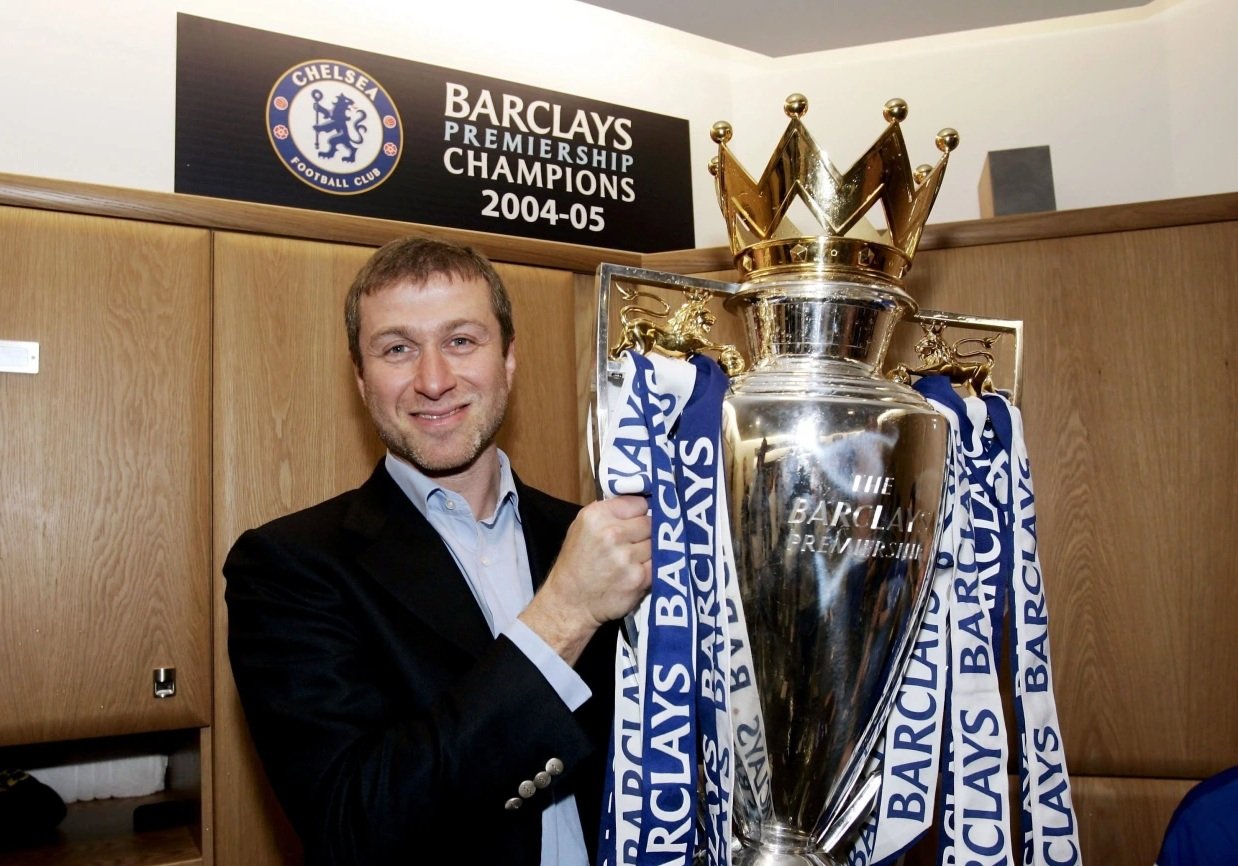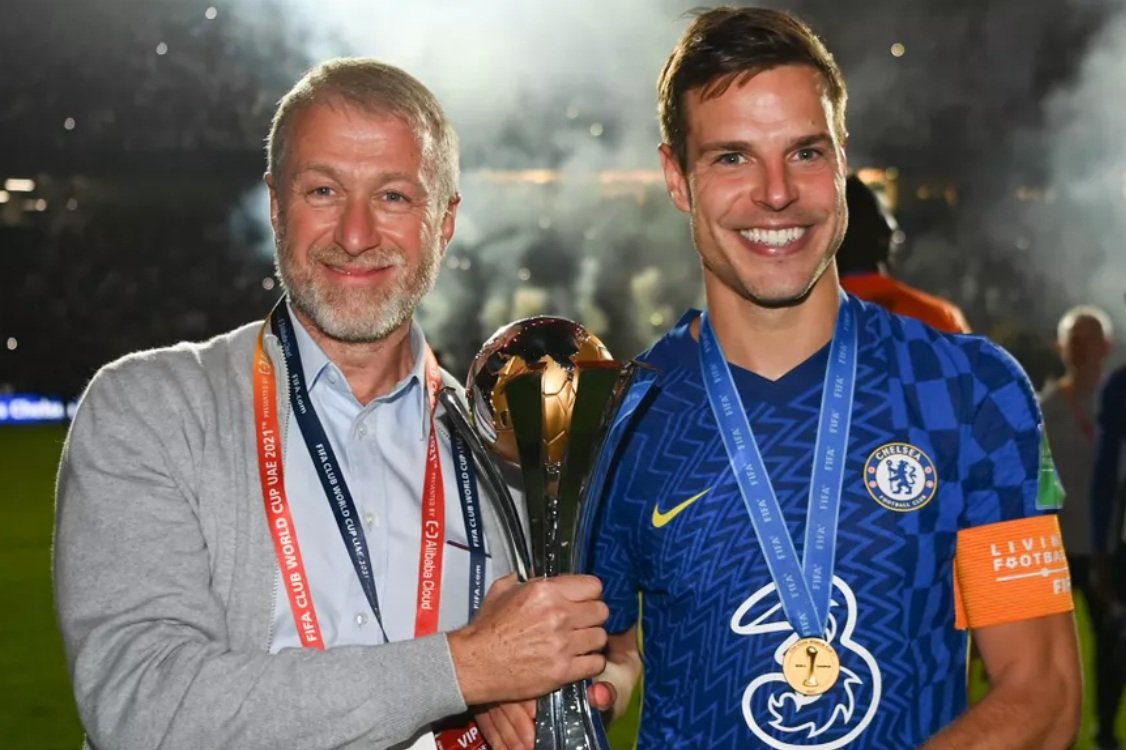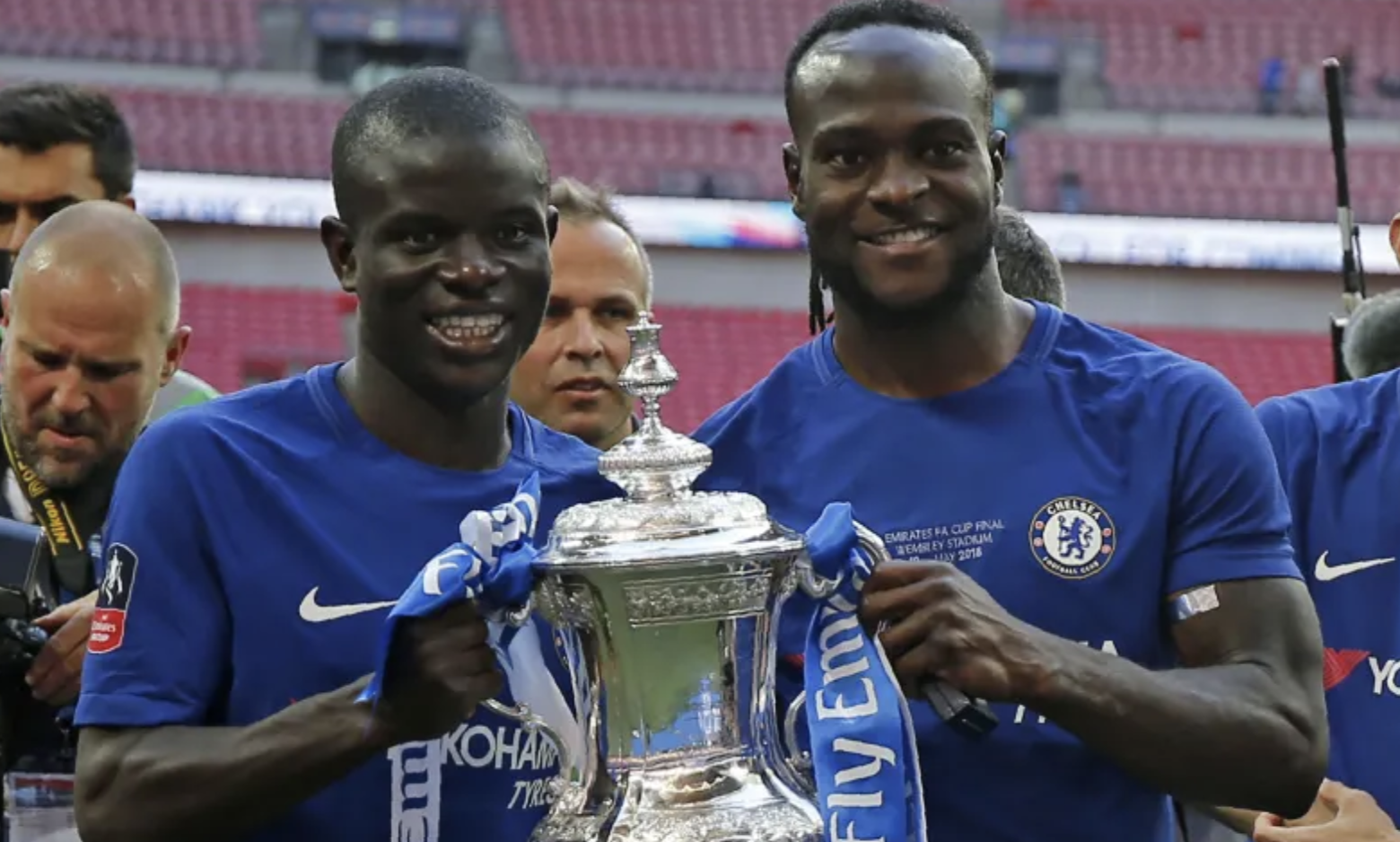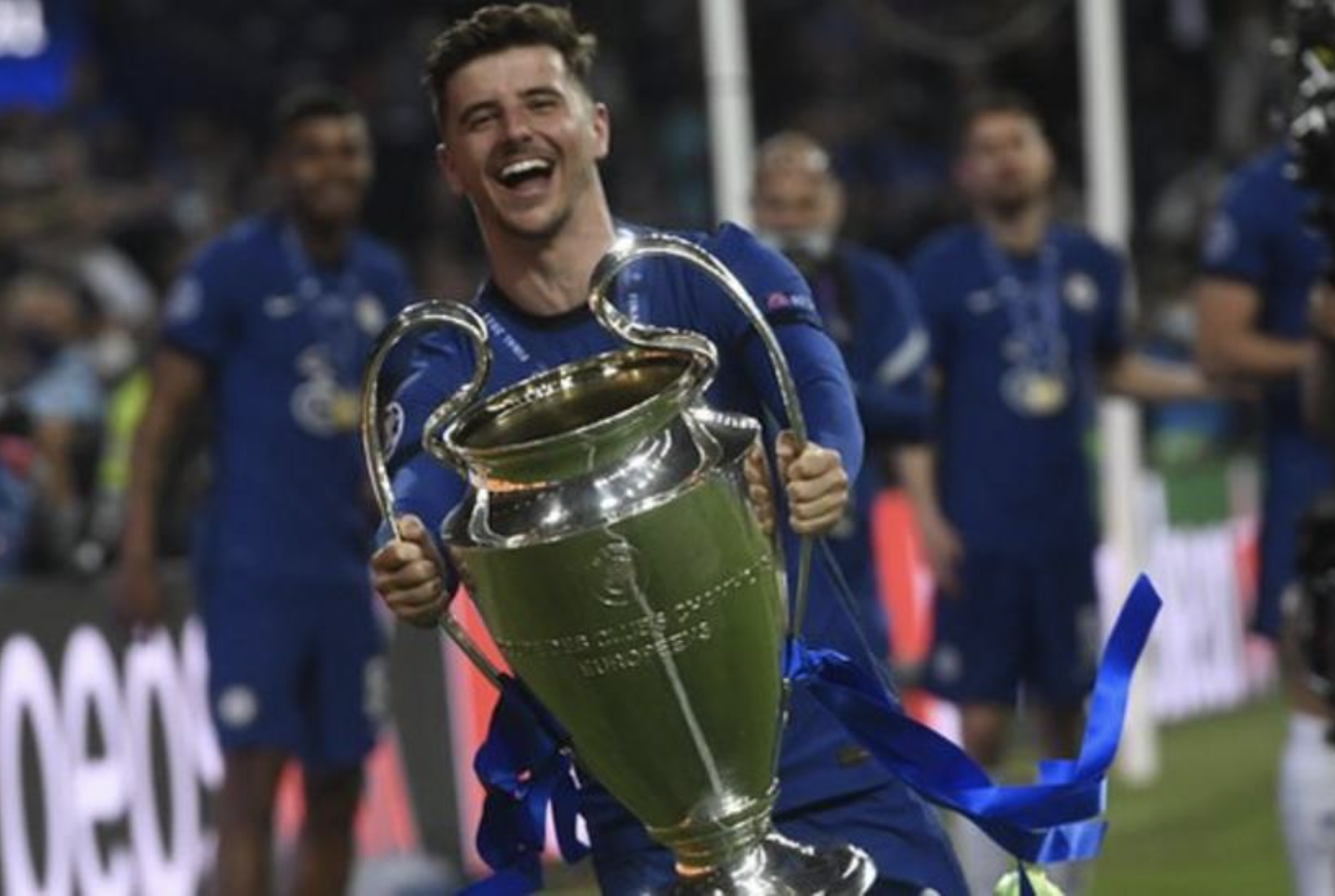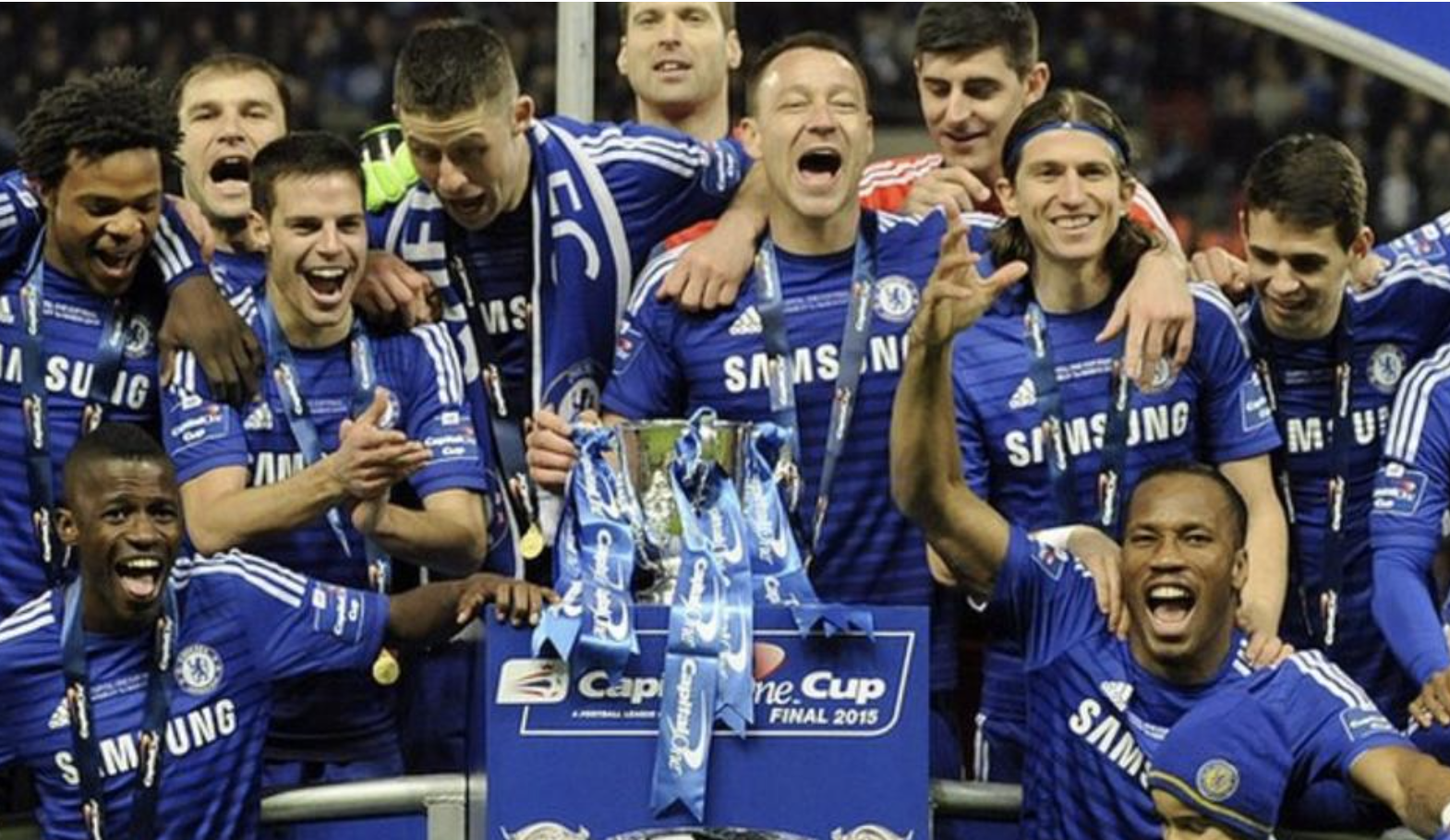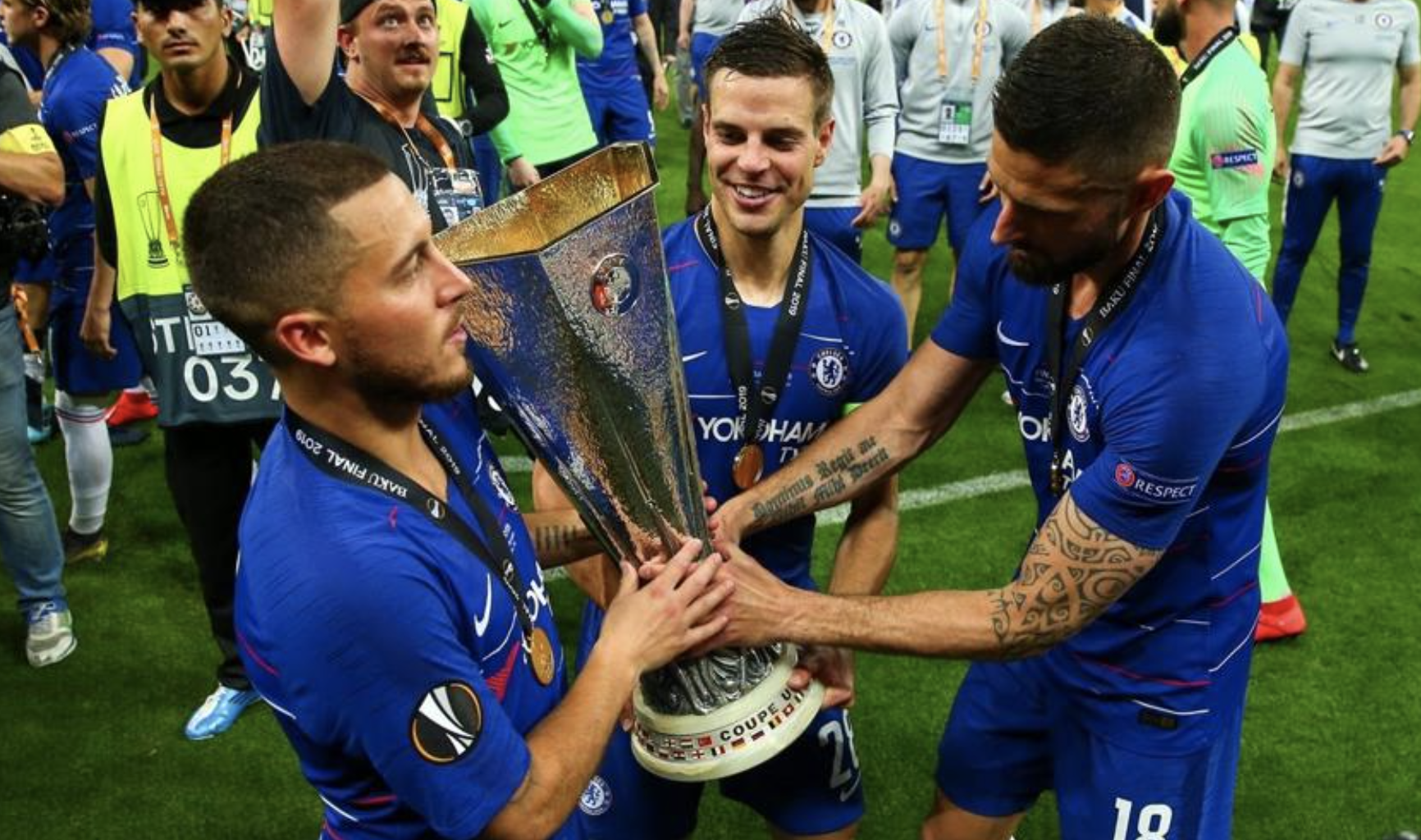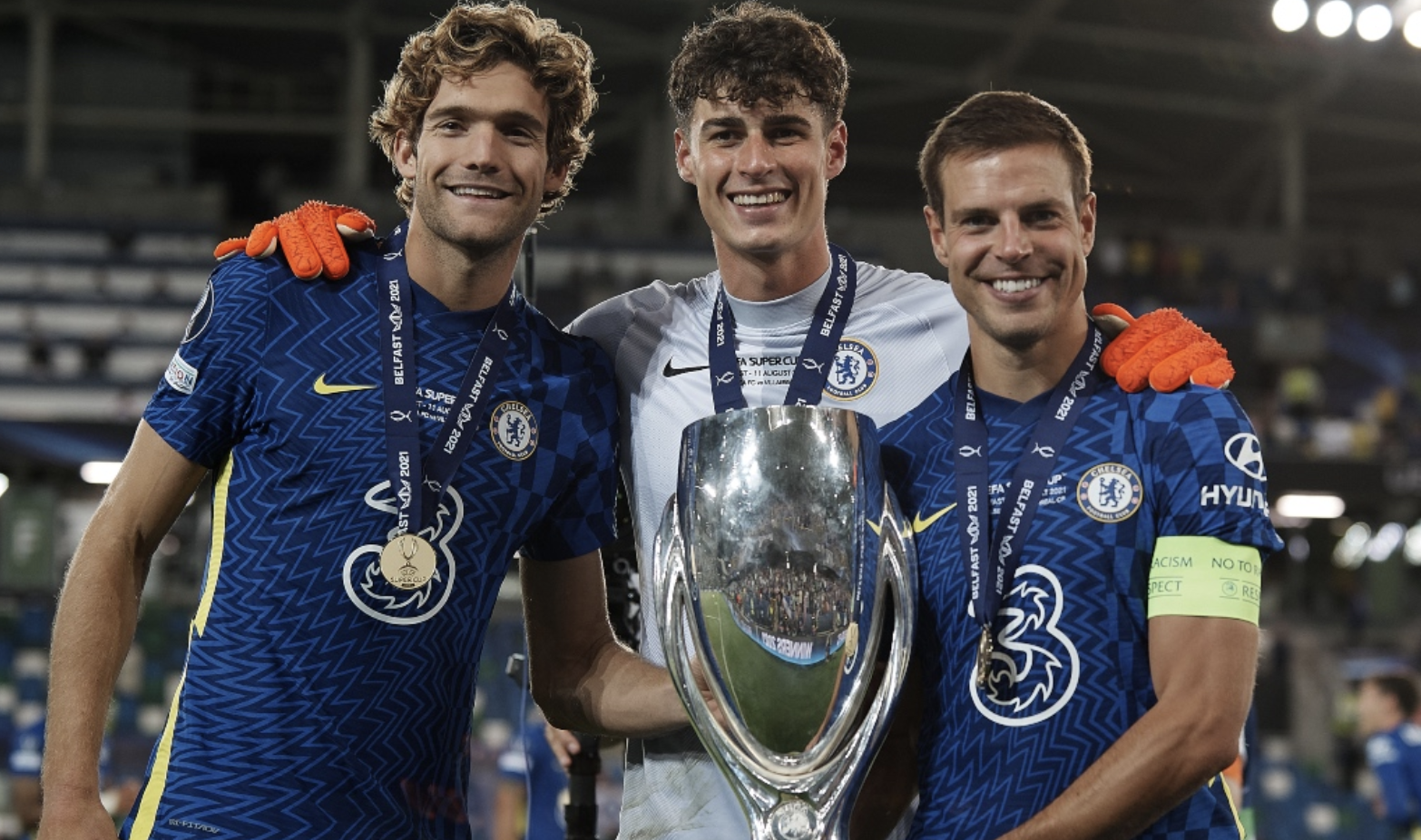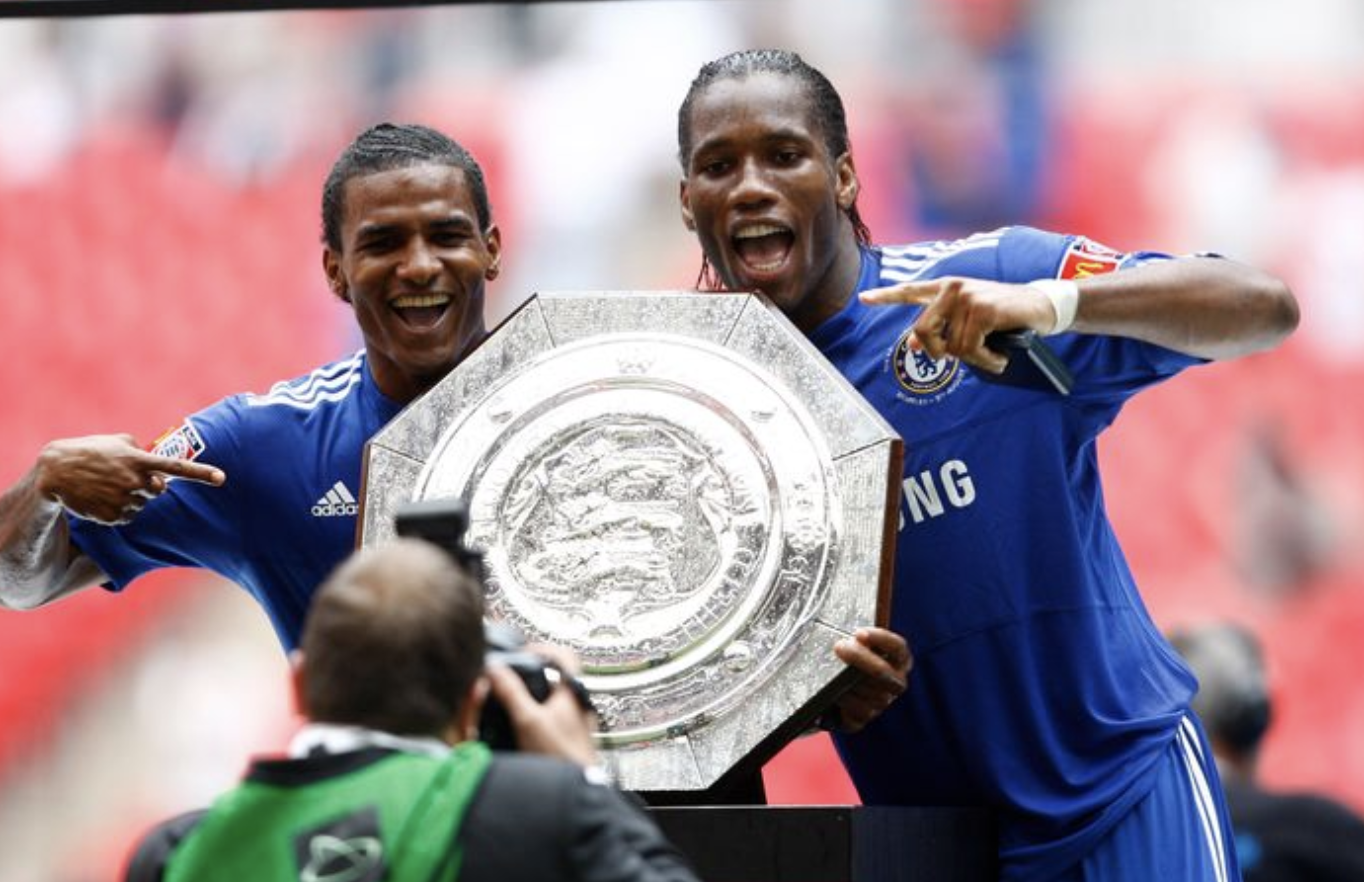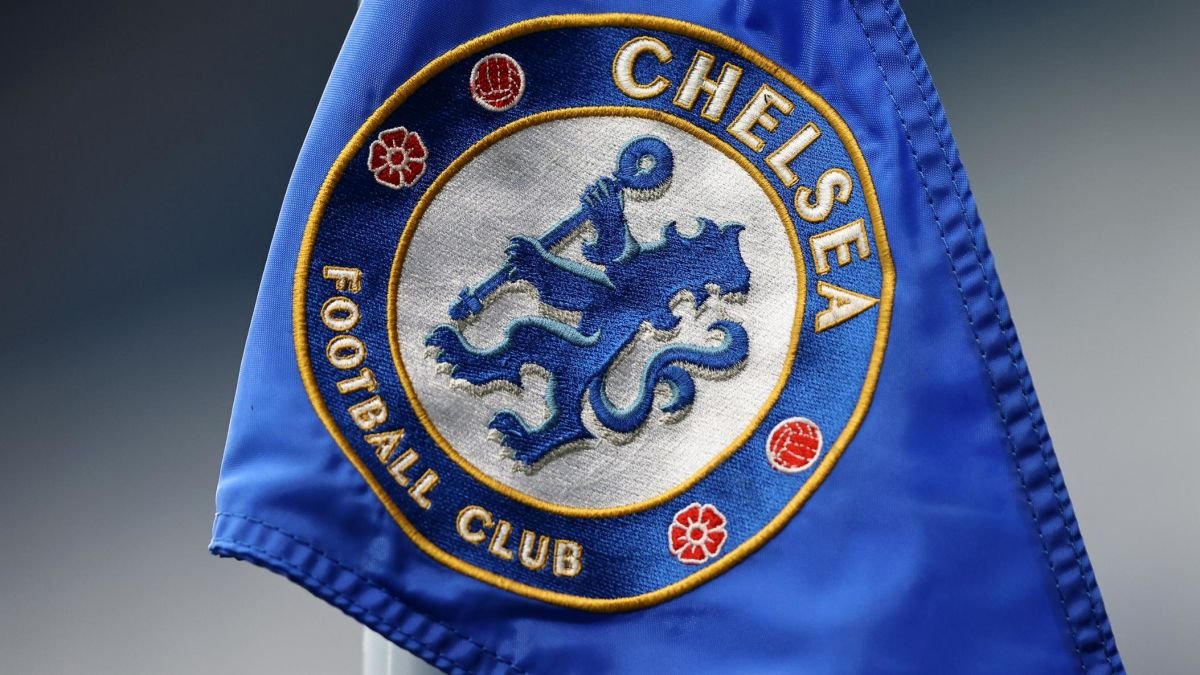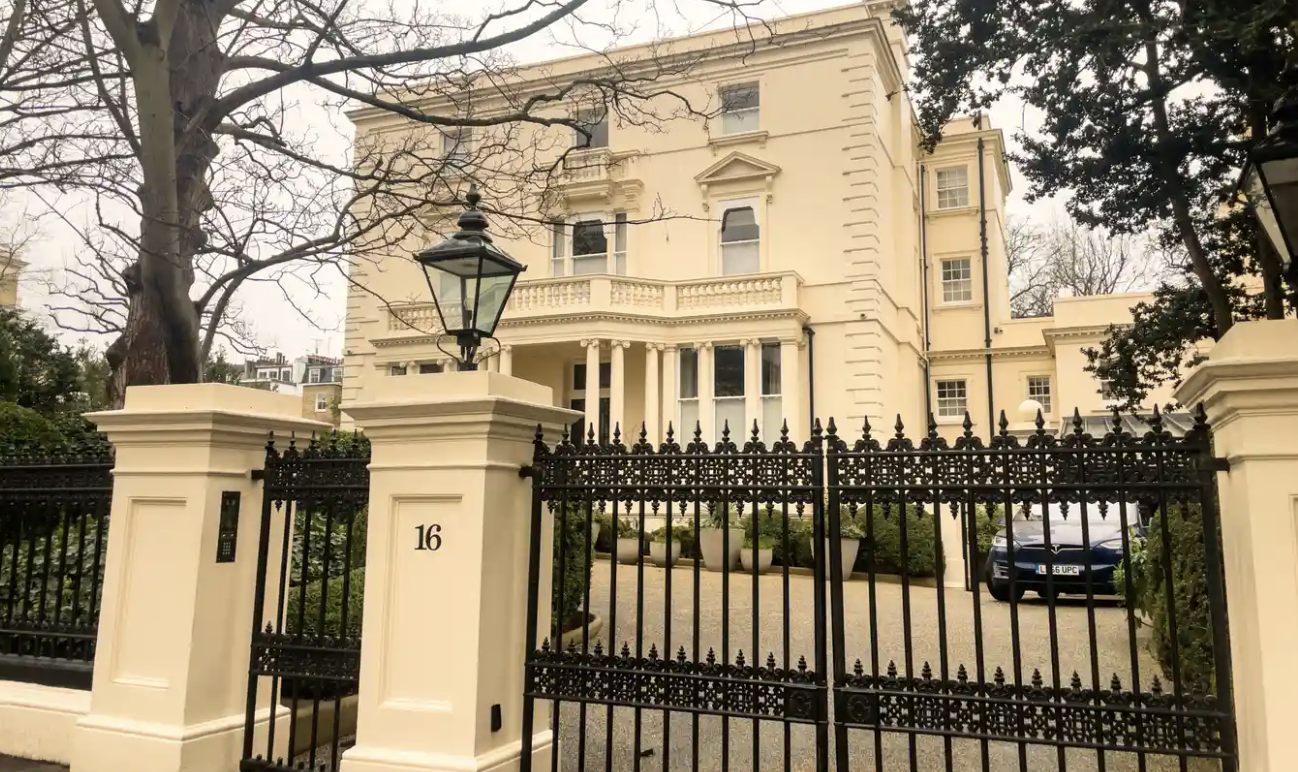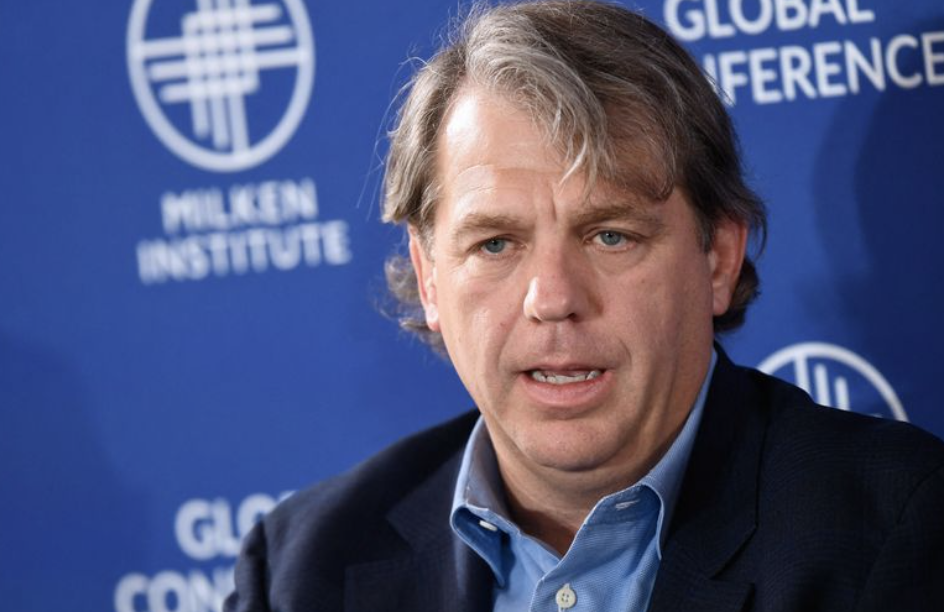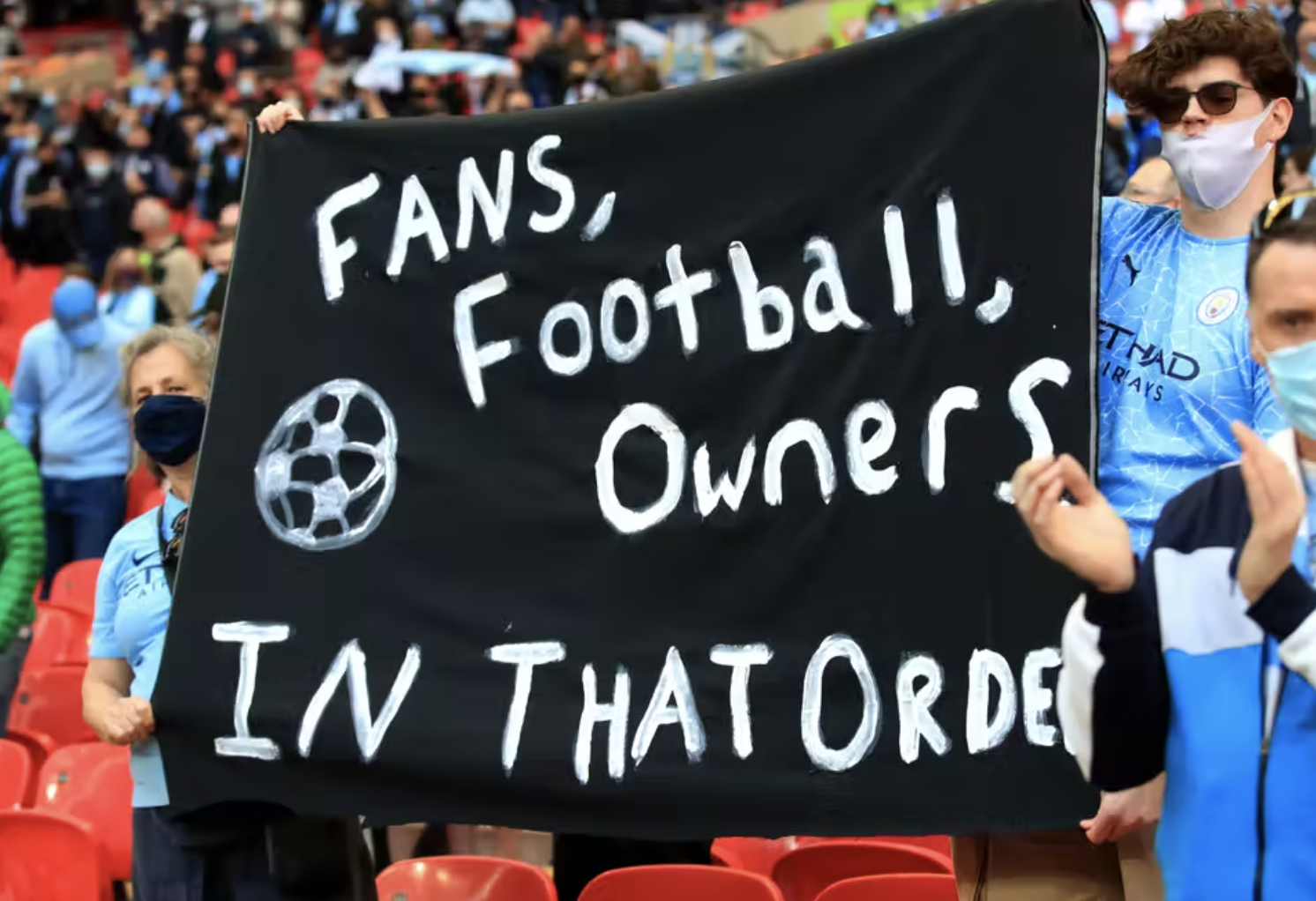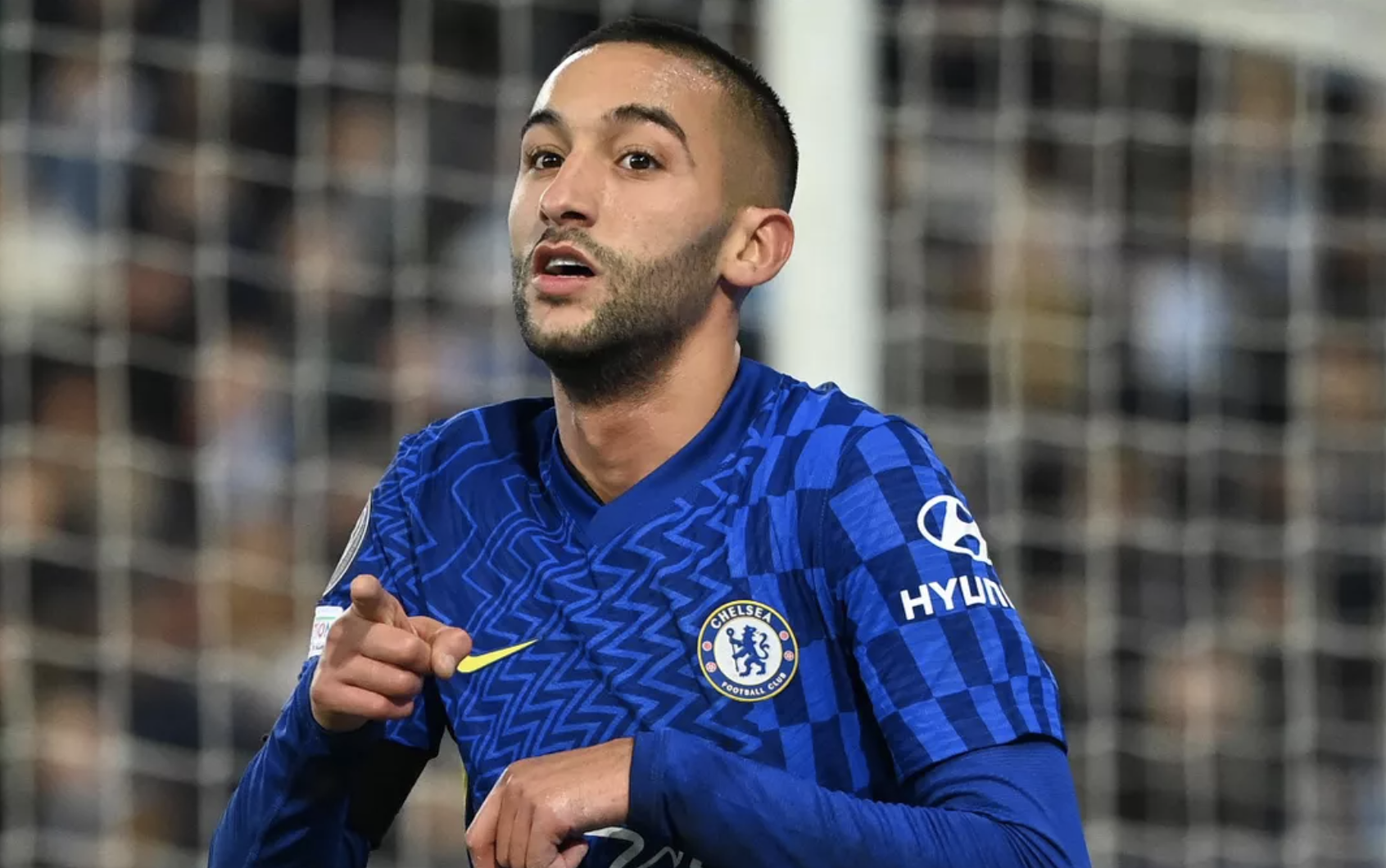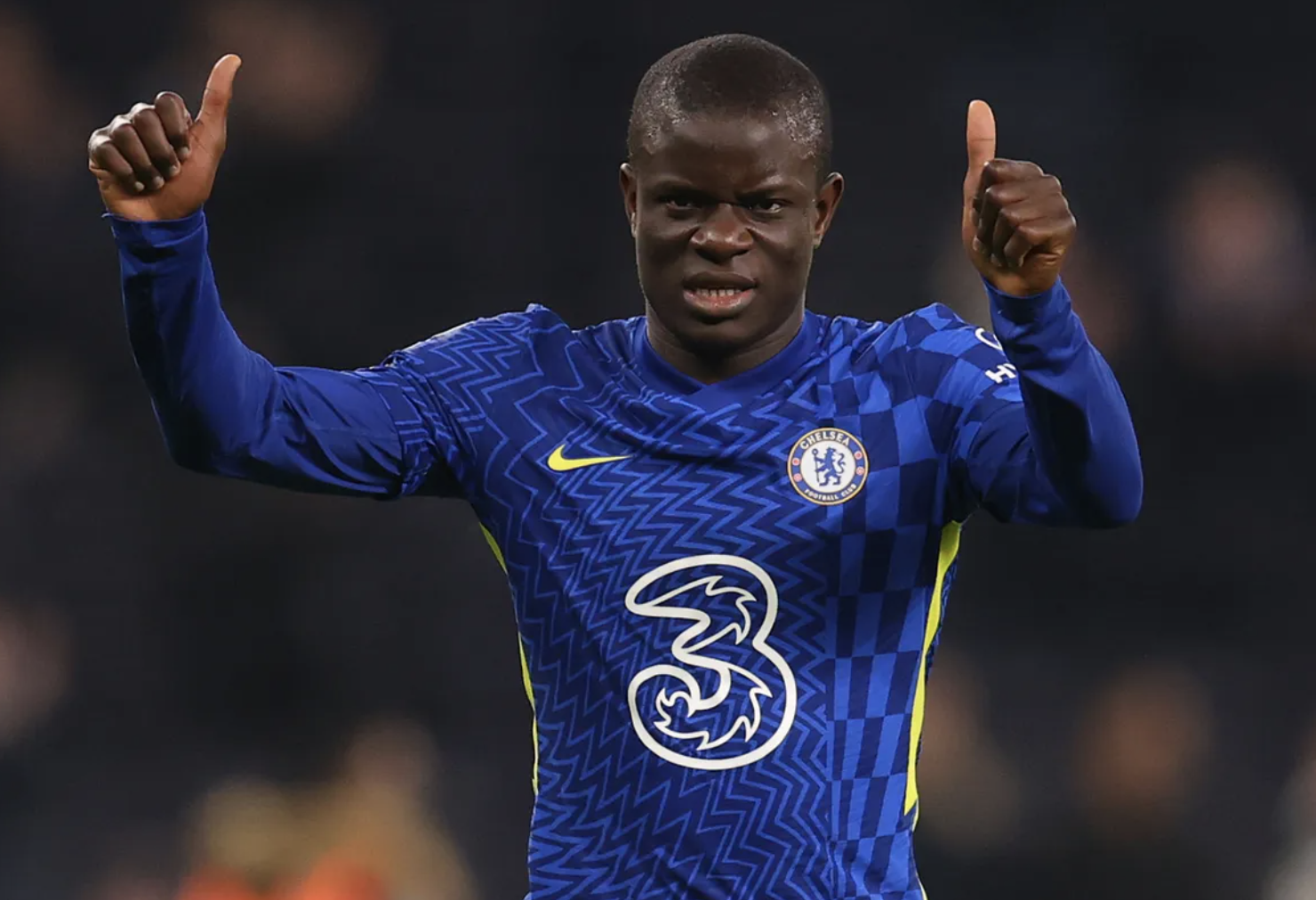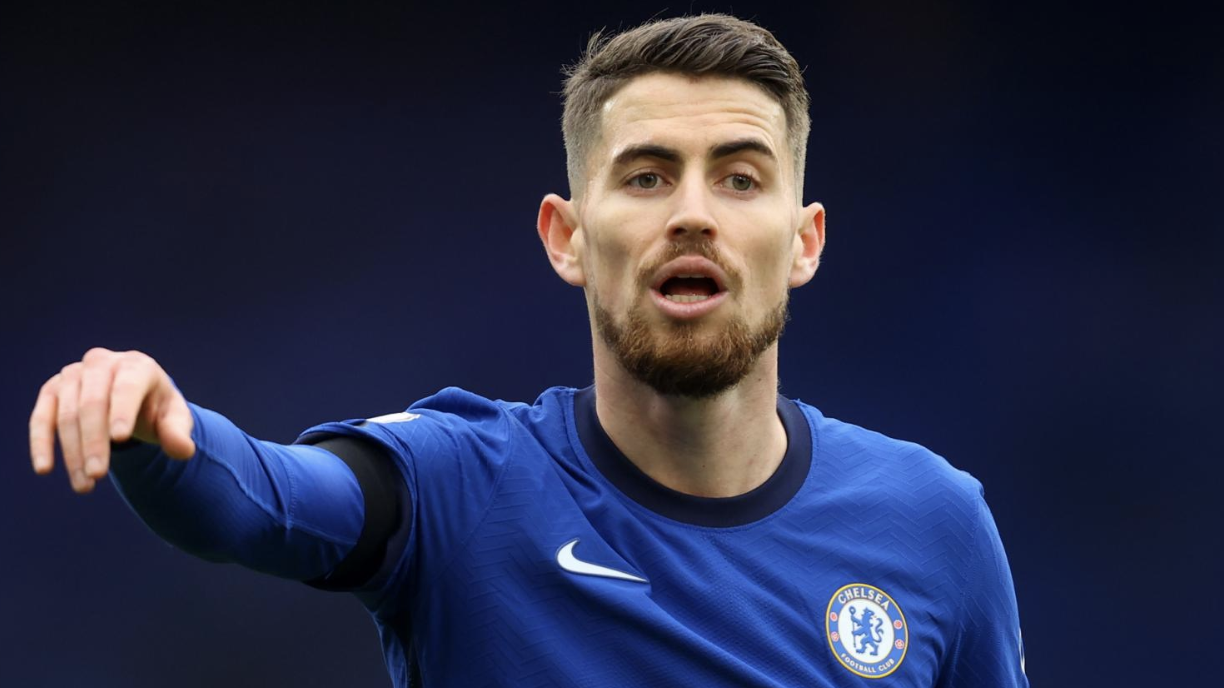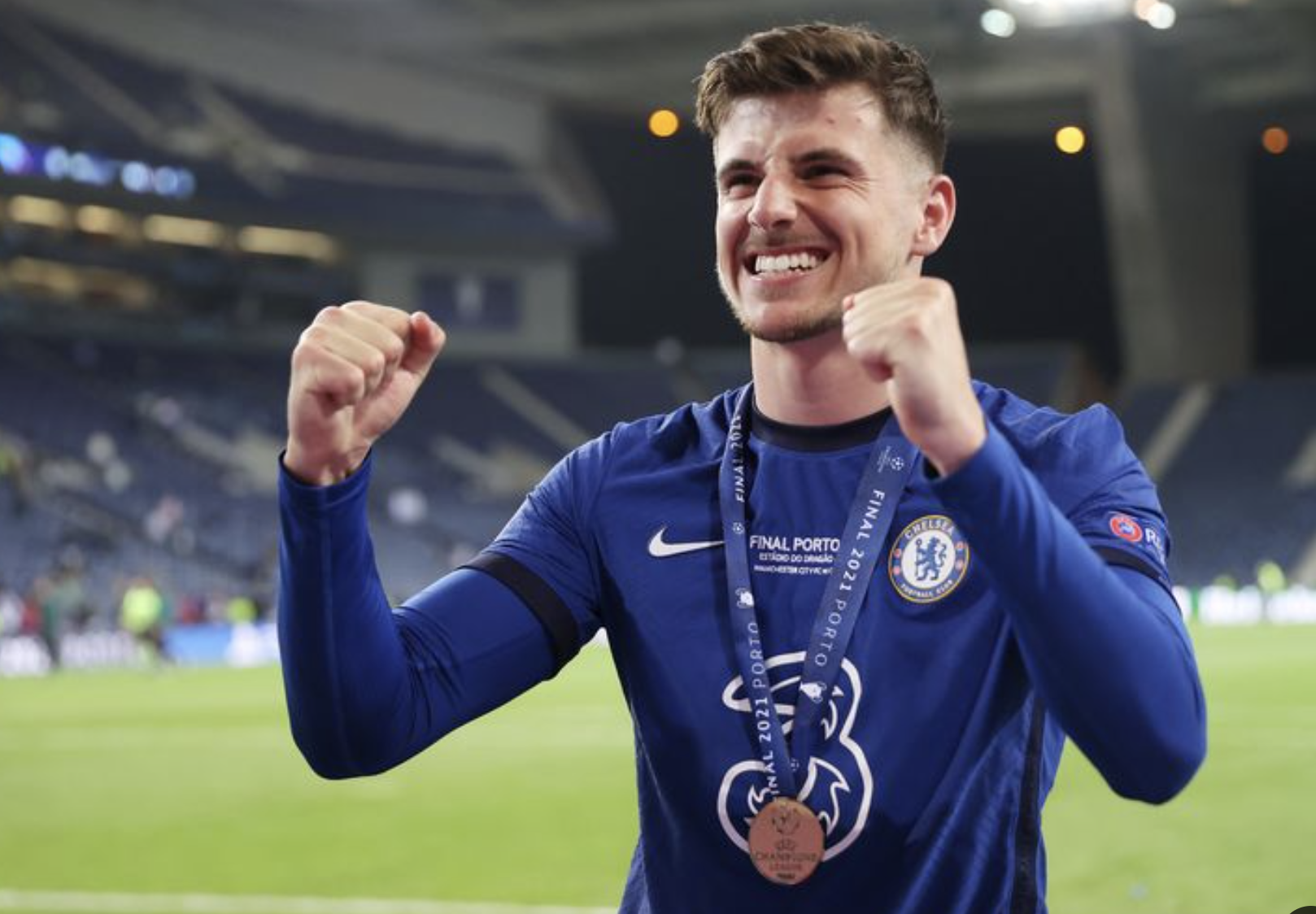The Sanctioned Billionaire - The Present State Of Play & Its Impacts on Chelsea FC
Source - Michael Regan (FIFA)
The UK Government announced on March 10th that Roman Abramovich’s assets have been frozen, in response to his connections to Vladimir Putin’s egregious regime in Russia and the ongoing war in Ukraine. Since then, much has unravelled and the impact on Chelsea has been substantial.
Abramovich - The Origin Story
Roman Abramovich was born in 1966 to a Lithuanian family in Saratov, Russia. After losing both of his parents before he turned four years old, he was raised by his relatives throughout his childhood. The inception of his wealth was ignited during the Presidency of Boris Yeltsin, after the fall of the Soviet Union in 1991. The first President of the Russian Federation privatised the metal, mining and gas industries and sold off significant state-owned companies to wealthy oligarchs at markdown rates.
In the mid-90s, Abramovich then established a close alliance with prominent Russian businessman, Boris Berezovsky and they later acquired a controlling interest in the large oil company, Sibneft for $100 million each. Abramovich went on to fully acquire the company, selling it for $13 billion to the Russian Government in 2005, which amounted to a subtantial profit. Fast forward over a decade and despite once being a protégé of Berezovsky, Abramovich became embroiled in a court case with the oligarch, who was exiled from Russia at the turn of the century after opposition to Putin’s presidency. Berezovsky was seeking £3 billion in damages after alleging Abramovich committed acts of blackmail, breach of trust and contract. However, Abramovich succeeded in the case.
Boris Berezovsky & Roman Abramovich (Source: The Economist)
Abramovich also took advantage of the privatisation of the aluminium industry, creating an eventual monopoly over the profitable trade. However, he cited the associated ‘aluminium wars’ as considerably dangerous, where ‘every three days someone was murdered in the business’, including journalists, smelting plant managers and metal traders, due to a power struggle for control of the industry. At this time, Abramovich’s wealth was fully established and his long-time interest in football manifested itself into a significant passion project, Chelsea Football Club.
A Seismic Shift in the History of Chelsea Football Club
In 2021, Forbes ranked Chelsea as the 7th richest club in world football with a value amounting to $3.2 billion, but the club’s economic status was not always fruitful. In 1982, the infamous Ken Bates purchased the club for the nominal sum of £1 and at the time, they were in Division 2 of the English football pyramid and were entangled in significant debt. However, the sale of the club did not include the freehold property, Stamford Bridge, which was sold to Marlow Estates, who intended to develop the historic stadium into luxury apartments once Chelsea’s lease expired. Bates eventually resisted their advances, through litigation and the efforts of The Chelsea Pitch Owners, who purchased the freehold to protect the club’s football interests.
Roman Abramovich & Ken Bates (Source: The Times)
The 2002/03 season represented a seminal moment in the West London club’s history. Debts had increased to in excess of £90 million and their financial status was precarious. This time represented somewhat of a ‘existential crisis,’ an issue that continues to be topical in regard to Chelsea at present day. They required a point from rivals Liverpool to facilitate a secure economic future and after Jesper Grønjær’s beautiful, curling strike, Claudio Ranieri’s Chelsea won 2-1 to secure Champions League football, which brought with it considerable financial benefits.
“I look back now and wonder what would have happened had we lost, I can’t imagine. I don’t dare to even think about it.”
Jesper Grønjær’s goal was dubbed the ‘£20 million goal’ (Source: Sky Sports Football)
Abramovich’s interest in acquiring a football club grew and after failing to purchase FC Dinamo Moscow and PFC CSKA Moscow, he turned his attention to Tottenham Hotspur, where he could not agree a deal with Daniel Levy, who would only grant him a 21.9% stake in the club. He therefore enlisted the assistance of Pini Zahavi, a distinguished Israeli ‘super-agent’, who brokered a deal for Abramovich to purchase Chelsea for a reported £60 million whilst also paying off the £80 million debts (Source: BBC). His first transfer window as owner of the club signified a memorable one, after he spent a reported £121 million on 11 players, including Hernan Crespo, Claude Makelele, Damian Duff and Joe Cole.
Abramovich’s first ‘spending spree’ (Source: The Mirror)
A notoriously quiet man, Abramovich has only ever conducted one interview in the UK, but the impact of his tenure on the pitch has been loud. Since 2003, no English team has won more silverware than Chelsea, both domestically and continentally.
However, despite amassing an impressive collection of accolades over the past two decades, Chelsea’s financial future is now uncertain and the imperilled club are nearing an existential crisis, akin to the pre-Abramovich era.
The Sanctions on Abramovich
On March 10th 2022, The UK Government sanctioned Abramovich pursuant to the Russia (Sanctions) (EU Exit) Regulations 2019, issued under Section 1 of the Sanctions and Anti-Money Laundering Act 2018. Sanctions are defined as ‘restrictive measures that can be put in place to fulfil a range of purposes’ (Source: GOV.UK). The Government has the power to ‘designate’ a extensive category of individuals and entities who are involved in profiting from or advocating the Russian Government. Abramovich’s association with Vladimir Putin’s regime has been cited as the rationale behind freezing the assets of the Russian oligarch.
“Abramovich is a pro-Kremlin oligarch...associated with a person involved in destabilising Ukraine and undermining and threatening the territorial integrity, sovereignty and independence of Ukraine, namely Vladimir Putin.”
Abramovich’s affiliation with Putin stems back to the 90s, where he reportedly benefited from tax breaks associated with companies he was a stakeholder of and received contracts arising from the 2018 Russia World Cup. The aforementioned sale of Sibneft to the Russian Government also provides a significant example. However, most notably, Abramovic holds a significant shareholding, 29%, in the steel manufacturing and mining company, Evraz plc, which proves to be pervasive to the UK Government’s argument.
There is reportedly strong evidence to suggest Evraz ‘potentially suppl[ied] steel to the Russian military which may have been used in the production of tanks’ (Source: UK Government). The Foreign Office stated the company produce 28% of all Russian railway wheels and 97% of rail-tracks in Russia, which facilitates the movement of military operations to the frontline in Ukraine. In light of this close connection to the ongoing war, on May 5th 2022, the UK Government imposed an asset freeze on Evraz, which was aided by its registered office being in Mayfair, London.
The significant assets of focus in the UK include Abramovich’s £150 million house in Kensington and Chelsea Football Club. Although Chelsea is not a designated entity, it is effectively ‘owned or controlled’ by Abramovich as he holds ‘more than 50% of the shares or voting rights in an entity’, in this case in excess of 75% of the shares in Fordstam Limited, the parent company of Chelsea. This therefore enabled the UK to freeze this asset.
Increased examination into Abramovich’s wealth is nothing new, as it was reported in 2018 that he withdrew his Tier 1 ‘Investor’s Visa’ in the wake of the UK Government revealing they would scrutinise the source of individuals’ significant wealth, after the death of Russian spy, Sergei Skripal, by poisoning.
The Special License
Under the Russia Regulations 2019, the UK Government is permitted to issue ‘special licenses’ to authorise acts otherwise prohibited under asset freezing orders. As a result of Chelsea FC being regarded as a ‘cultural asset’ by the UK Government, the club was granted a special license, which allows a number of activities to continue until the license expires on 31st May 2022, but resulting profits must be instantly frozen. These activities include:
The remuneration of employees, most notably the wages of players and coaching staff;
Those who have purchased a ticket before March 10th 2022, including season ticket holders, can attend fixtures and are permitted to purchase food and drinks from the stadium;
The club can continue to receive payments and associated fees for the broadcasting of their fixtures;
Reasonable travel costs for the players and coaching staff, up to a maximum of £20,000 per game;
Reasonable maintenance fees for utility bills, taxes, insurance and ‘capital works’ contractually agreed before March 10th 2022 and;
Reasonable costs for hosting fixtures, including medical services, policing, equipment hire and safety, up to a maximum of £900,000 per game.
The Present State of Play
Prior to the sanctions, Abramovich promised to write off the £1.6 billion debt at Chelsea, whilst stating all net proceeds would be donated to a charitable foundation ‘for the benefit of all victims of the war in Ukraine’. In the past week, the UK Government has expressed concerns that Abramovich is reneging on his initial promise to write off the debt. There were suggestions Fordstam Ltd would pay off the loans to a company in Jersey, Camberley International Investments, which is linked to Abramovich. Therefore, the concerns centred on how this would effectively provide Abramovich with proceeds, when the UK Government do not wish, under any circumstances, for the Russian businessman to profit.
In spite of this, on May 5th 2022, a spokesperson for Abramovich denied these reports, reaffirming his commitment to write off the debt and refuting claims that he attempted to drastically increase the price of the club.
“Firstly, Mr Abramovich’s intentions in relation to gifting the proceeds from the Chelsea sale to charity have not changed.
...
Secondly, Mr Abramovich has not asked for any loan to be repaid to him - such suggestions are entirely false - as are suggestions that Mr Abramovich increased the price of the Club last minute.”
A key issue for Chelsea at present is the fear that time is running out for a deal to be struck with new owners prior to the ‘special license’ deadline on May 31st. The license will expire 8 days before a meeting is held between all of the clubs in the Premier League to constitute the 2022/23 season, which therefore represents a significant time constraint for Chelsea, as they risk the prospect of not being able to participate in the league next season.
However, fears may have been offset by recent reports that a deal in the region of £4 billion is close to being agreed with a consortium led by the Los Angeles Dodgers co-owner, Todd Boehly. Background and audit checks have taken place and the origin of its funding is seen to be financing from Clearlake Capital, Hansjorg Wyss and Jonathan Goldstein. The consortium are regarded as the preferred bidder by the Raine Group, the merchant bank tasked with brokering the sale of Chelsea and there is a period of exclusivity for a deal to be struck.
If negotiations fail to succeed, it is thought that Sir Jim Ratcliffe would still be eager to purchase the club, but his lack of engagement with due diligence and the bidding process involved with the Raine Group is seen to be a major downfall to his objectives, most notably his bid taking place beyond the required deadline.
The Case’s Relevance to the Ongoing Review into Football Governance
The case of Roman Abramovich’s ownership of Chelsea holds particular relevance to the recent developments in the ‘Fan-led Review of Football Governance’. Transparency, club ownership, financial sustainability and governance are all issues at the heart of the Review, which was launched in April 2021. In recent years, Bury FC have been expelled from the Football League due to financial difficulties, whilst Bolton Wanderers, Macclesfield Town and Derby County have also suffered from economic troubles, but remain in existence. Across the football pyramid, football clubs are going beyond UEFA”s guidance to spend no more than 70% of club revenue on wages. Therefore, the Government, led by Tracey Crouch MP, has taken significant steps in reforming football governance to ensure clubs can be monitored more greatly. The establishment of an independent regulator is the central focus of the changes, with the hope of publishing a white paper in the summertime.
Time for Change? (Image Source: The Independent)
Enhanced due diligence into the ownership models of clubs is also a major reform. There will be a new ‘Owners’ and Directors' Test’ which will increase integrity in the game and will more thoroughly investigate the source of the funds of any prospective owners. The events of Abramovich will only have increased the need for a more coherent and stringent test in this regard.
The Short & Long-Term Impacts of Chelsea on the Pitch
Since the turn of the international break, the timing of which coincided with the sanctions, Chelsea’s form on the pitch has been very inconsistent, and far from the standards they have set over the past eighteen months. In the nine matches since the break, Chelsea has only won four matches, having lost four and drawn one. This includes a 4-1 defeat at home to Brentford and a 1-0 loss to the relegation threatened Everton. It could be argued that the uncertainty off the pitch may have impacted upon the morale of the team and the players’ on-field performances. This belief is only supported by the recent quotes of Chelsea’s manager, Thomas Tuchel:
“I would be less concerned if we had the same ownership and we could rely on our structure. But this is also in question.”
A potential solution to ameliorate their recent form could be re-introducing Hakim Ziyech to the starting line-up. The Moroccan winger was prolific in the months of January and Feburary, registered five goals and one assist. However, he has only featured for sixty-six minutes in the Premier League since Chelsea’s 6-0 victory against Southampton on April 9th 2022. Some added creativity for a team that has only scored two goals on their last three games could offset their over-reliance on production from Mason Mount and Kai Havertz. There are suggestions that Chelsea’s recent struggles may have led to the club involving themselves in the fight for the Champions League places, despite sitting comfortably in third place for the majority of the season. They are currently three points ahead of Arsenal and five points ahead of Tottenham, but with fixtures against Leeds, Leicester and Watford, they are still favourites to secure Champions League qualification. The upcoming North London Derby, where one of Arsenal or Tottenham will drop points, should also negate some concerns.
Hakim Ziyech (Image Source: Eurosport)
However, failure to qualify for Champions League football would be a compelling blow to a club in an already tenuous financial position. As a result of restrictions on players’ contracts being negotiated, defensive stalwart Antonio Rudiger will depart the club, most likely to Real Madrid, whilst Andreas Christensen will also leave at the end of his contract on June 30th 2022. Although Cesar Azpilicueta’s contract extension has been triggered for another year until the summer of 2023, this leaves Chelsea with limited centre back options. The instrumental thirty-eight year old, Thiago Silva, remains at the club whilst young players Malang Sarr and Trevoh Chalobah provide further options, but with lack of forward planning, this area of the team could become short. Chelsea may therefore be regretting sanctioning the sales of Fikayo Tomori to AC Milan, who has been outstanding for the Italian side, as well as Marc Guehi, who recently received his first England call-up.
Furthermore, there are reports that N’Golo Kante and Jorginho could be considering their futures at the club and with both players’ contracts expiring in 2023, significant investment may be required to enhance their squad depth if they choose to depart. Mason Mount’s contract also expires in the same summer, and after registering twelve goals and fifteen assists in all competitions this season, is likely to be named the club’s player of the season. Rival clubs may be monitoring his situation, largely due to his wages being only £70,000 per week and the player may feel he deserves greater parity with the rest of the playing squad’s wages. The present sanctions do not permit contract negotiations, which may present uneasiness amongst the Chelsea faithful. The return in the summer of the impressive Conor Gallagher, on loan at Crystal Palace, however, could provide a much-needed boost to a squad which may require considerable surgery.
The business end of the season will be pivotal to the long-term future of Chelsea on the pitch and the summer will certainly be a challenging one for the new ownership.
Concluding Thoughts
In this ever-changing situation, securing new ownership before the Premier League teams convene on June 8th will be a priority and it appears the consortium spearheaded by Todd Boehly will likely be successful. Roman Abramovich’s impact on the ownership models of football will be forever profound as he was the first to spark remarkable investment into English Teams from abroad. This is reflected by the United Arab Emirates investing in Manchester City, Saudi Arabia in Newcastle and the United States of America in Arsenal and Liverpool. However, it will be fascinating to see how the ongoing review into football governance will impact upon the Premier League’s contribution to the beautiful game and whether scrutiny will really increase in a meaningful way towards prospective football owners. Only time will tell…


